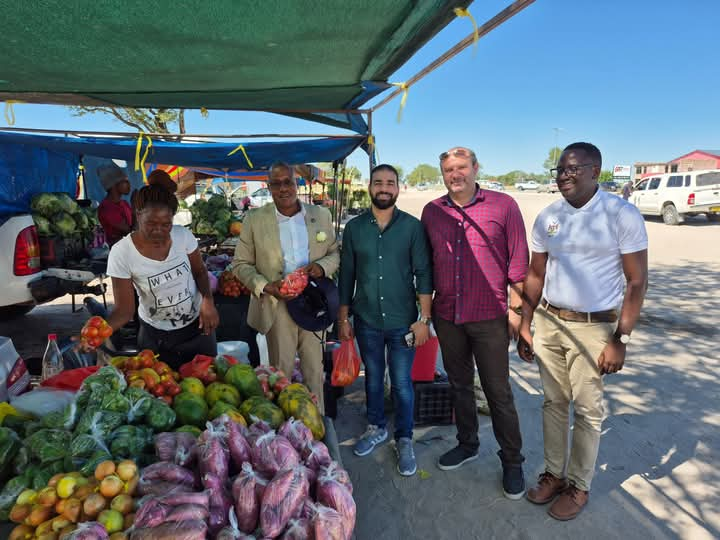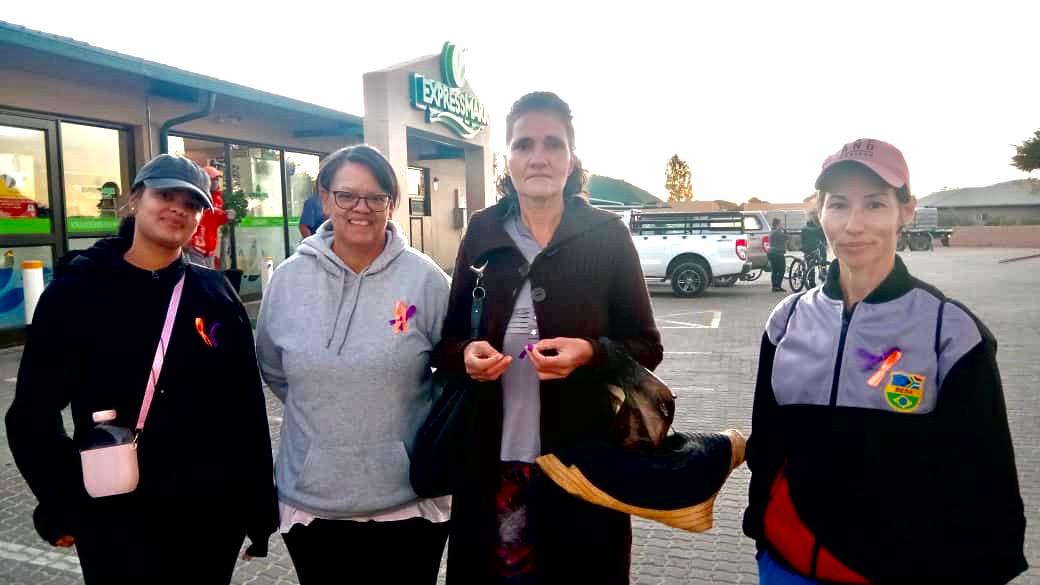A GROUP of 16 farmers attended a week-long financial farm management course at the end of last year presented by the Cheetah Conservation Fund (CCF) at its farm outside Otjiwarongo.
It was the sixth course on this topic during 2008 and was offered in partnership with the Emerging Commercial Farmers’ Support Programme (ECFSP).
Participants were active commercial beef producers farming on commercial, resettlement and communal farmland, continuously striving to improve their performance.
The majority of these farmers had previously participated in courses offered by CCF’s Future Farmers of Africa Programme, including courses on integrated livestock and predator management, large stock management and livestock marketing.
‘It is the responsibility of all stakeholders to guide Namibian farmers on how to produce livestock most efficiently in an environmentally sound and socially acceptable manner,’ said Gunther Roeber, the Training Programme Co-ordinator at the CCF who conducted the course.
‘We are proud to be a role player in shaping Namibia’s future livestock production sector by educating producers as well as consumers. Cheetah conservation has to do with farm management. Namibia exports a lot of meat to international markets. Consumers of Namibian beef, mutton and venison do not approve of the indiscriminate removal of predators and any other exploitative livestock production practices.’
The financial farm management course is based on the financial implications of sound livestock management and focuses on quantifying farm income and farming-related payments.
‘It is indeed a challenge to generate a farming income that is sufficient to cover production costs and overheads, meet financial loan obligations and still provide a surplus that takes care of the farmer’s personal needs,’ Roeber said.
An interesting result of the course was that calculations done by the farmers themselves revealed that a surplus or profit can only be achieved if all resources on the farm are efficiently utilised, which requires one to farm with cattle and goats, while sustainably utilising wildlife and bush for charcoal or firewood production.
Farmers attending the course learnt that they are in fact enterprise managers and have to allocate sufficient time to strategic management and financial planning.
‘This course opened my eyes to these varied factors one needs to consider,’ one of the course participants summarised.
‘Now I am aware why ‘farming in the office’ is imperative for success.’
The CCF is a Namibian non-profit trust dedicated to the long-term survival of the cheetah and its ecosystems.
Since 1990, the organisation has developed education and conservation programmes based on its cheetah research studies, published scientific research papers and has presented educational programmes to over 200 000 outreach school learners.
The fund donated over 270 Anatolian livestock guard dogs to commercial and communal farmers as part of the CCF innovative non-lethal livestock management programme.
Research into cheetah biology and ecology has greatly increased understanding of the fastest land animal and education programmes for schools and the farming community help change public attitudes to allow predators and humans to co-exist.
Stay informed with The Namibian – your source for credible journalism. Get in-depth reporting and opinions for
only N$85 a month. Invest in journalism, invest in democracy –
Subscribe Now!










